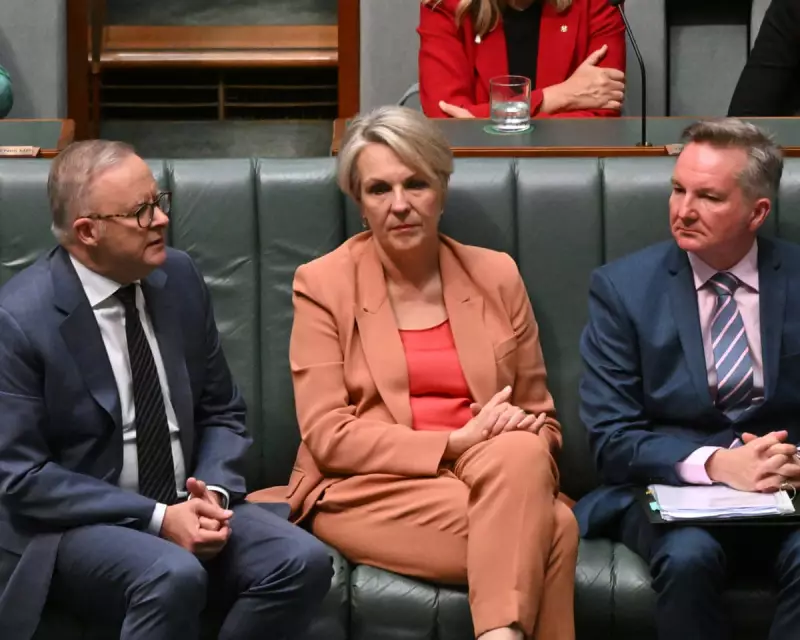
Prime Minister Anthony Albanese has taken personal charge of negotiations in a desperate attempt to rescue his government's flagship environmental laws from collapse during parliament's final sitting day of the year.
Last-Minute Negotiations Intensify
The Labor government remains locked in tense discussions with both the Greens and Coalition as it races against time to secure support for its overhaul of the Environment Protection and Biodiversity Conservation (EPBC) Act. With no deal reached by Wednesday evening, the reforms face being shelved for the second time in twelve months.
Political insiders from across industry and environmental movements anticipate the Greens will ultimately accept an 11th-hour compromise after Labor presented new concessions aimed at winning the minor party's crucial support. The prime minister's direct involvement, including discussions with Greens leader Larissa Waters, signals the critical stage negotiations have reached.
Dual Negotiation Strategy Unfolds
While focusing on Greens support, the government has maintained parallel discussions with the Coalition, though this pathway appears increasingly unlikely. Environment Minister Murray Watt met with Liberal counterpart Angie Bell on Wednesday, yet opposition environment spokesperson Sussan Ley described Labor's offer as "totally insufficient".
Guardian Australia understands the opposition requested additional business-friendly amendments on Wednesday, further complicating prospects for a last-minute agreement between the major parties. The government's revised offer to the Greens remains confidential, with neither party confirming specific details.
Controversial Legislation Faces Criticism
Inspired by Graeme Samuel's 2020 review, the proposed legislation aims to establish stronger environmental protections through new standards while accelerating project assessment processes. The bill would also create Labor's promised environmental protection agency, a key election commitment from the past two federal campaigns.
The proposed laws have attracted criticism from multiple fronts. Environmental groups argue the measures inadequately address Australia's extinction crisis, while industry representatives fear certain provisions, particularly a proposed "unacceptable impact" test, could potentially block major projects.
This marks the second attempt in twelve months to reform the EPBC Act after previous legislation, championed by then-environment minister Tanya Plibersek, was vetoed by the prime minister following pressure from the Western Australian government and mining sector.
The Labor Environment Action Network, in an email to supporters, expressed preference for a Greens alliance, noting their offer included most of LEAN's key demands while describing the Coalition's proposal as clearly inferior though not catastrophically weakening the legislation.





